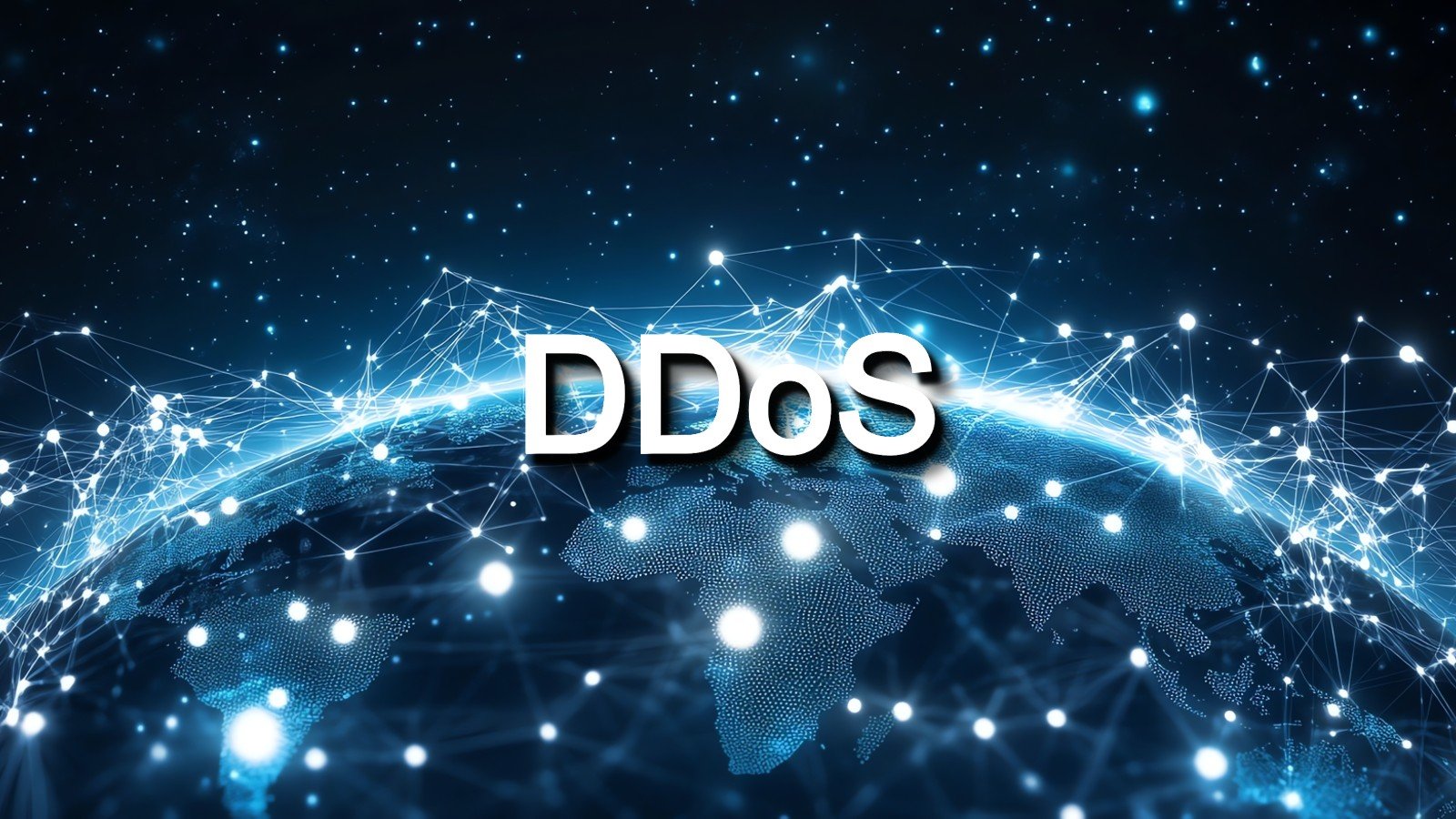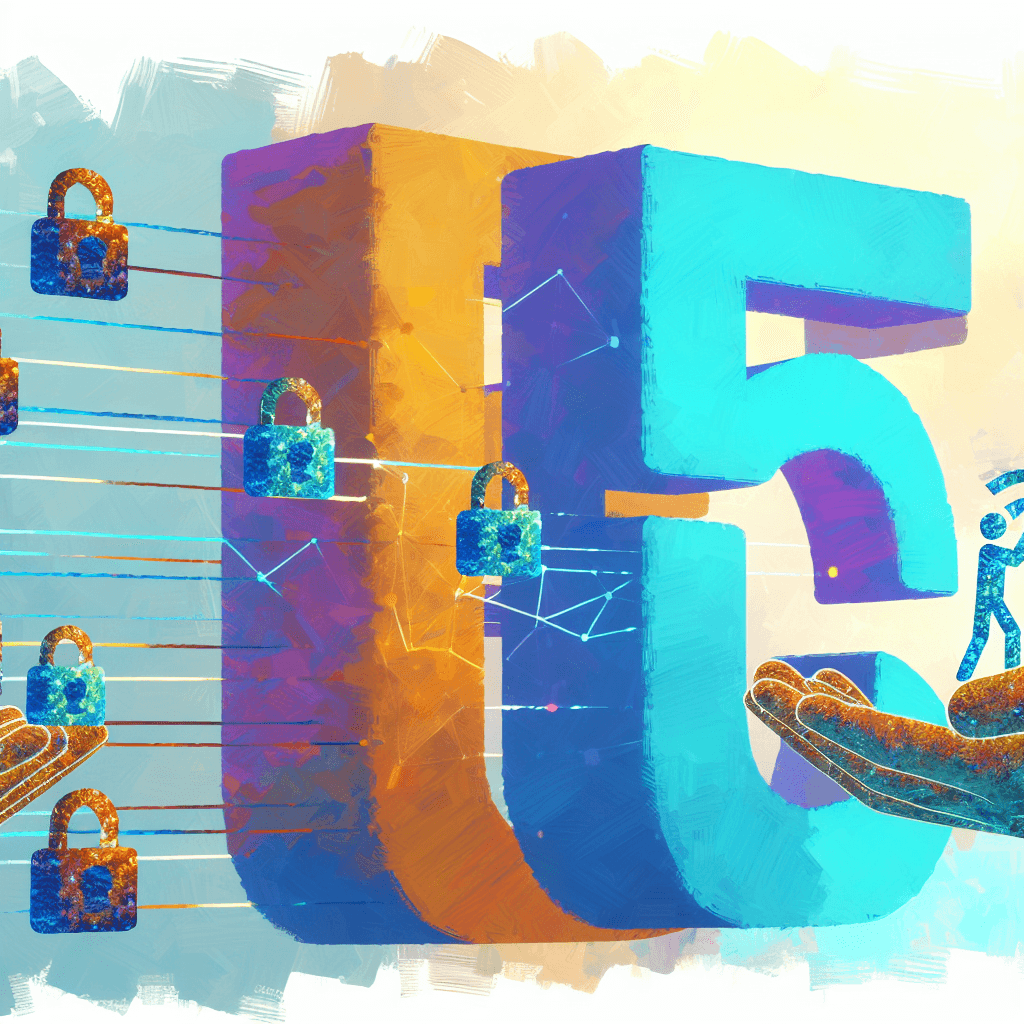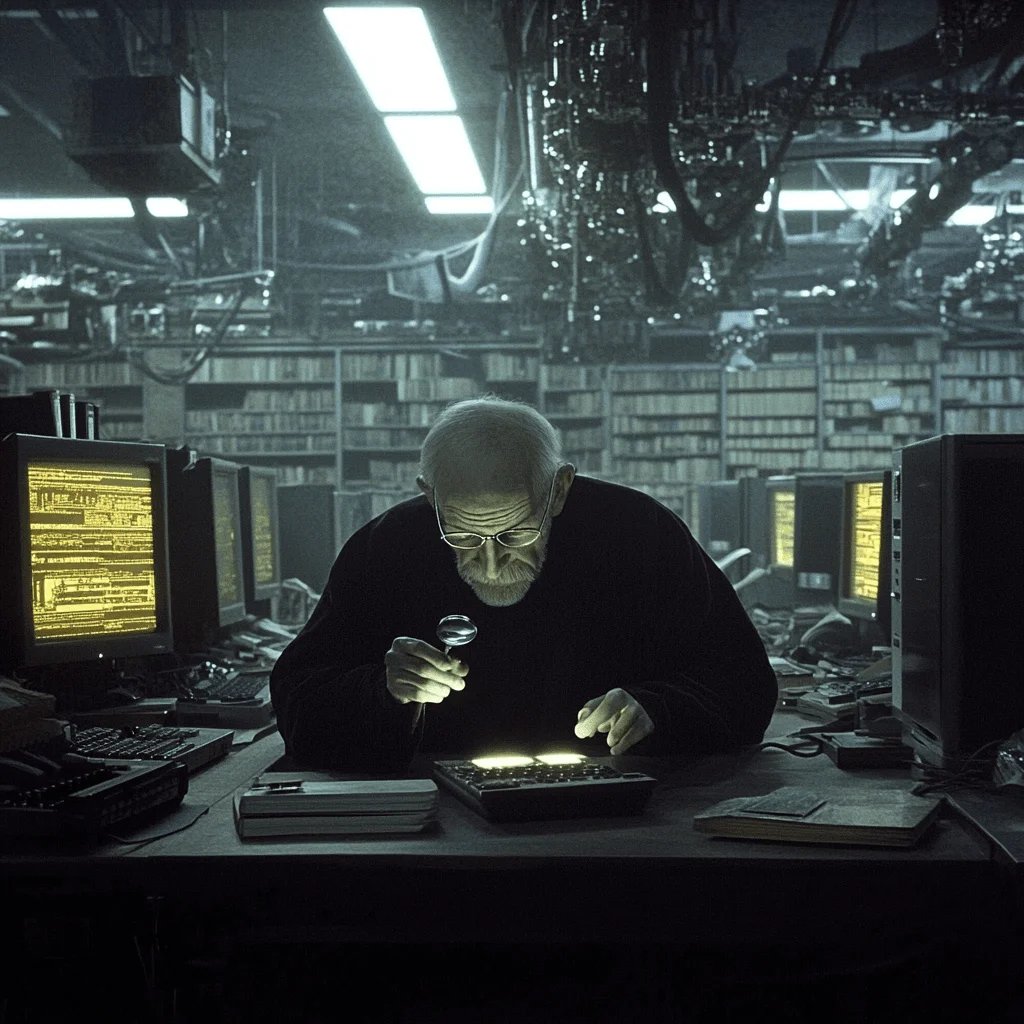In a shocking turn of events for Cyber Ethics, South Korean police have arrested a CEO and five employees linked to a significant cybersecurity violation. They manufactured over 240,000 satellite receivers that included features meant to facilitate Distributed Denial of Service (DDoS) attacks. This scandal raises urgent questions about corporate responsibility, Cyber Ethics and cybersecurity leadership. As an experienced Chief Information Security Officer (CISO), I believe this incident emphasizes critical lessons for information security executives.
The Background of the Incident
The company at the center of this controversy had been cooperating with a purchasing entity since 2017. The problem arose when, in November 2018, this partner requested that DDoS attack capability be added to the devices. The manufacturer complied, claiming the feature was intended to counteract attacks from competitors. While details about how the DDoS functionality was utilized remain vague, it’s clear that these actions are illegal when targeting external systems. Moreover, innocent users who bought these satellite receivers unwittingly participated in these cyber attacks.
This situation highlights several cybersecurity challenges. First, it reveals a glaring gap in ethical decision-making that can occur at the executive level. Second, it exposes the ease with which organizations can slide down a slippery slope when chasing competitive advantages.
Implications of DDoS Attacks
DDoS attacks overwhelm network resources, rendering them inaccessible. This malicious activity often causes disruptions that can lead to financial losses and reputational damage. For the receiving users of these compromised satellite systems, the implications extend beyond inconvenience. They might have experienced service interruptions, decreased performance, and potential legal ramifications.
A CISO’s role is to safeguard an organization’s assets while fostering a culture of responsibility and ethical behavior. The scandal in Korea serves as a reminder that everything from the boardroom to the back-office influences an organization’s cybersecurity posture. It is both the responsibility and duty of cybersecurity leadership to ensure systems are built with integrity.
The Role of Cybersecurity Leadership and Cyber Ethics
As we transition deeper into an interconnected world, ethical considerations become paramount. Cybersecurity leadership must advocate for robust governance frameworks. Executives should actively engage teams to instill a deeper understanding of cybersecurity implications in their decision-making processes.
In the age of digital transformation, organizations must prioritize resilience. The trend of adding functionalities that can be weaponized against others is a dangerous precedent. Leadership needs to recognize that business practices must align with security protocols and ethical standards.
Future Impact
The fallout from this incident will likely reverberate through multiple sectors, specially compliance of Cyber Ethics. Experts predict an increase in regulatory scrutiny for technology manufacturers, demanding transparency about product functionalities. This could lead to a framework where every new feature must receive thorough ethical vetting before deployment.

Moreover, the landscape of cybersecurity training will also evolve. Companies might implement more stringent ethical training programs for their employees. A focus on the ramifications of unethical practices may become commonplace, empowering future leaders to make better choices.
CISO expertise will be essential in crafting policies that discourage harmful practices. As organizations navigate these murky waters, the ability to balance innovation with responsibility will become a sought-after skill. The spectrum of consequences—from criminal charges like we see here to long-term reputational harm—will impart valuable lessons on corporate governance and ethical behavior.
The success of an online business hinges on its cybersecurity posture. Learning from the successes and failures of companies that have navigated the digital landscape successfully offers insights into effective strategies for threat prevention, data protection, and resilience in the face of cyber attacks.
Cybersecurity is a battlefield where innovation meets relentless threats. As attackers evolve, defenders must stay one step ahead, adapting strategies to outsmart them. It’s not just about technology; it’s about people, processes, and a proactive mindset. Every business, large or small, must understand that security isn’t a product—it’s a culture. This culture thrives on awareness, vigilance, and a commitment to Cyber Ethics. Success lies in anticipating risks before they strike and turning vulnerabilities into strengths.
Uniting in the face of growing cybersecurity threats is more than a necessity; it’s an imperative. The compounding nature of these threats calls for an integrated approach, combining advanced technology, skilled professionals, and cross-sector collaboration to build a more secure digital future.
From the Author
In conclusion, the arrest of the CEO and his team illustrates the pressing need for ethical cybersecurity practices within organizations. As we advance technologically, maintaining a strong moral compass is more critical than ever. Future leaders must prioritize not just security but ethicality in their operations.
To check the original story Click here
Stay Up-to-date
I try to post science and technology related articles on my website, one for referencing back when you are writing something or researching, and two to share with everyone.
If you like this story you should check out some of the other stories in the technology category
If you are a tech enthusiast and feel that you can contribute to this topic feel free to reach out to me.
AI-Cyber







